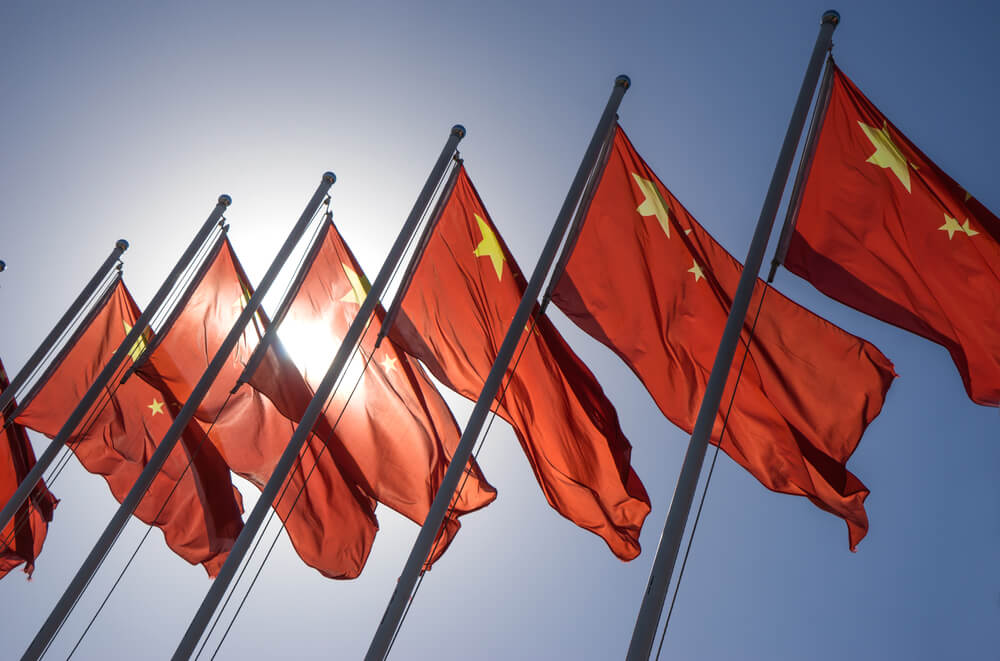The ongoing Israel-Hamas war has sent ripples across global financial markets, impacting Asian currencies and investor sentiment. As the conflict escalates in the Middle East, concerns about its spillover effect on the financial world persist. This article delves into the repercussions of the Israel war on Asian currencies, the dollar’s performance, and the broader economic landscape in the region.
Israel War’s Impact on Asian Currencies
In the wake of the Israel-Hamas war, Asian currencies have faced challenges. Most Asian currencies experienced a slight decline, reflecting the fragility of investor appetite for risk-driven assets. The Israeli shekel, in particular, steadied after suffering a nearly 4% slump against the dollar in the past two weeks. The conflict in the Middle East has introduced uncertainty into the financial markets, prompting investors to reevaluate their risk strategies.
Dollar Retreat and U.S. Interest Rates
The dollar, after nearing 10-month highs, retreated slightly. The fears of higher U.S. interest rates, spurred by a strong inflation reading for September, weighed on Asian markets. This prompted profit-taking in the dollar index and dollar index futures. However, the greenback remained strong due to increased demand for safe-haven assets amidst the Israel-Hamas war.
Concerns of Intervention in Currency Markets
The Japanese yen remained shy of the 150 level. A threshold investor believes it could lead to intervention by the Japanese government in currency markets. The ongoing tension in the Middle East has heightened concerns about potential government interventions, further impacting currency dynamics in the region.
In conclusion, the Israel-Hamas war overshadowed Asian markets and currencies. The conflict’s potential to escalate and involve more Middle Eastern countries has fueled apprehension among investors. Additionally, expectations of higher U.S. interest rates are putting pressure on Asian markets as the gap between risky and low-risk yields narrows further, and the geopolitical tensions in the Israel-Iran region further add to the complexities in today’s financial landscape. In the coming weeks, economic indicators from China and Japan, along with the actions of the Federal Reserve, will play a crucial role in shaping the economic landscape in Asia. The financial repercussions of the Israel war will undoubtedly be closely monitored as the situation unfolds.








COMMENTS